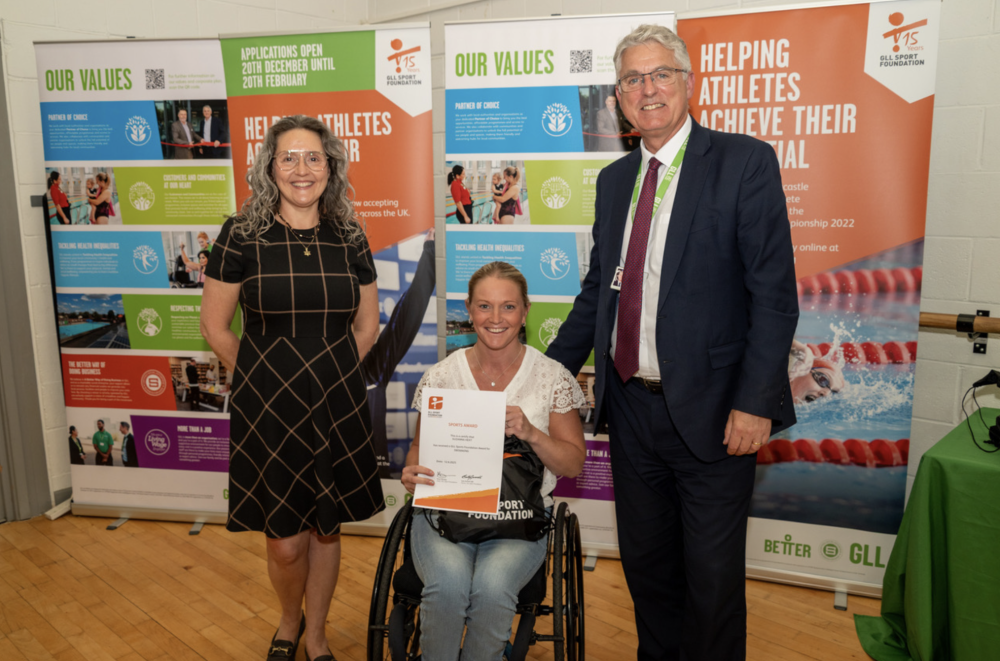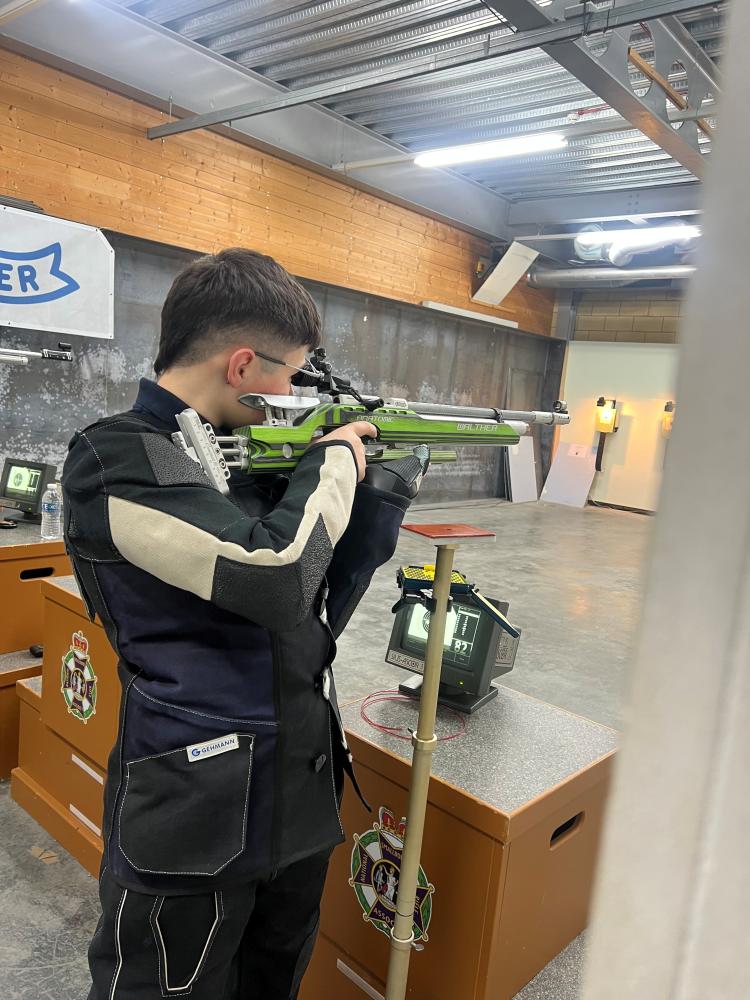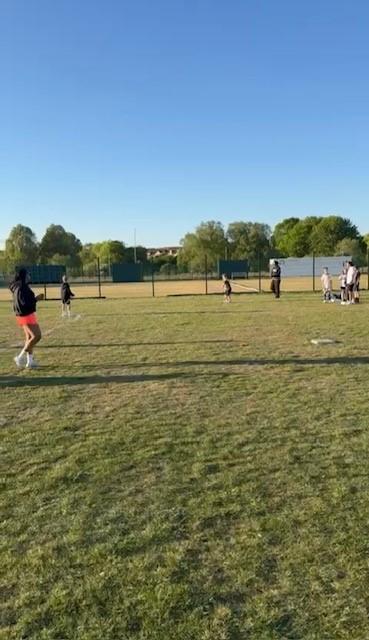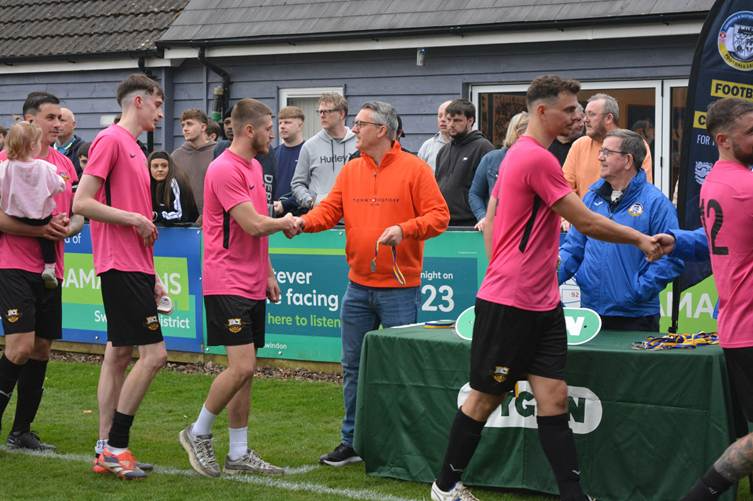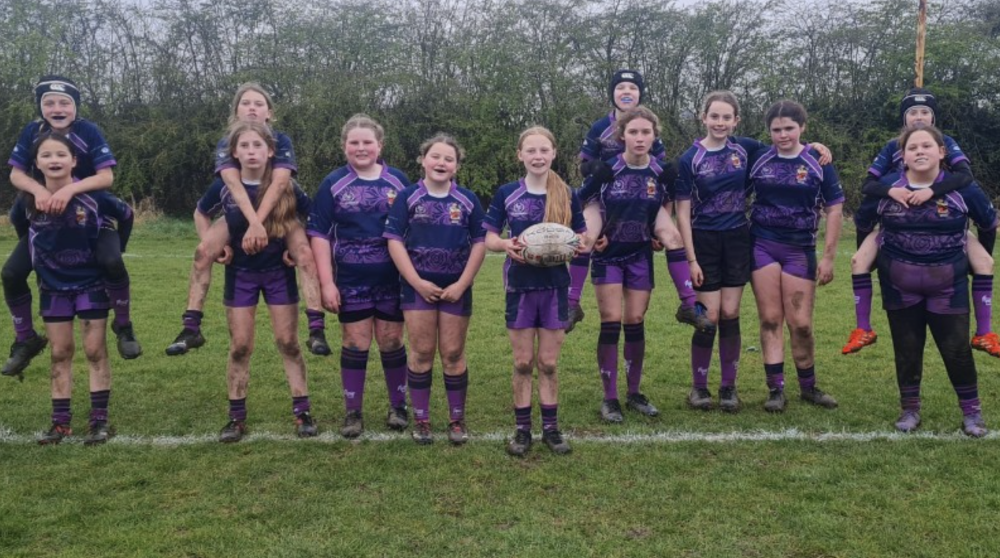Suffering an injury as an athlete can be more than just a physical setback—it often takes a mental and emotional toll as well. The initial frustration, fear, and even grief over your sudden inability to perform at your usual level can be overwhelming. It’s important to recognize that these feelings are natural. Athletes frequently tie their identity and self-worth to their ability to compete. When that ability is compromised, it can feel like losing a piece of yourself. Acknowledging this emotional impact is the first step toward regaining confidence and returning to your sport stronger than ever.
Set Realistic Recovery Goals
One of the biggest mistakes injured athletes make is rushing their recovery. While it’s natural to want to get back on the field, court, or track as soon as possible, pushing too hard too soon can prolong your injury—or even cause new ones. Instead, work with your medical team to set realistic, incremental recovery goals. Breaking your rehabilitation into small, manageable steps makes the process less daunting and allows you to celebrate progress along the way. Each milestone you achieve—whether it’s regaining range of motion, building strength, or completing a light training session—helps rebuild your confidence.
Embrace Physical Therapy as Part of the Process
For many athletes, physical therapy can feel like a chore, but it’s an essential part of recovery. Instead of viewing it as a necessary evil, try reframing your perspective. Physical therapy is your bridge back to peak performance. Engaging fully in these sessions helps rebuild not only your body but also your mental resilience. Trust the expertise of your physical therapist and stay consistent with at-home exercises. The discipline you cultivate here will make returning to your sport feel like a natural extension of the work you’ve already done.
Consulting with Your Attorney for Guidance
After a sports injury or accident, seeking legal guidance can be crucial, especially when navigating insurance claims or understanding liability. Consulting with a skilled accident attorney in Belleville, IL, or in a location convenient to you, can help clarify your options and protect your rights. These professionals understand the complexities of injury cases and can guide you through the process of obtaining fair compensation for medical expenses or lost opportunities. By having an expert in your corner, you’ll feel more confident addressing any legal challenges that arise during your recovery, allowing you to focus on healing and returning to your sport with peace of mind.
Cultivate Patience and Self-Compassion
Recovery is rarely a linear process. There will be days when you feel invincible and others when progress seems to stall. During challenging moments, it’s crucial to be patient and compassionate with yourself. Remember that healing takes time and setbacks are part of the process. Treat yourself with the same kindness and understanding you’d offer a teammate facing a similar challenge. This self-compassion will help you stay motivated and avoid the frustration that can lead to burnout or poor decisions.
Build Mental Resilience Through Visualization
Injury recovery isn’t just about regaining physical strength—it’s also about rebuilding mental toughness. Visualization is a powerful tool that can help you regain confidence. Take time to imagine yourself performing your sport with the same skill and strength you had before your injury. Visualizing success helps rewire your brain to overcome self-doubt and fear. Athletes who engage in visualization techniques often find it easier to transition back into competition because they’ve already “practiced” overcoming challenges in their minds.
Focus on What You Can Control
Instead of fixating on what you can’t do, shift your focus to what you can control. This might mean working on your upper-body strength while rehabbing a lower-body injury or improving your knowledge of the sport by studying strategies and game footage. By channeling your energy into areas where you can still make progress, you’ll stay engaged with your sport and build confidence in your ability to contribute once you’re ready to return.
Build a Support System
Recovering from an injury can feel isolating, but you don’t have to go through it alone. Surround yourself with a support system of friends, family, coaches, and teammates who understand your journey. Sharing your frustrations and victories with others can help you feel less alone and more motivated. Additionally, consider connecting with other athletes who have successfully recovered from similar injuries. Their stories can provide inspiration and practical advice for overcoming the challenges you’re facing.
Address the Fear of Re-Injury
One of the most common barriers to returning to a sport post-injury is the fear of getting hurt again. This fear can lead to hesitation, which may increase your risk of injury. To address this, take time to understand the nature of your injury and the precautions you can take to prevent it from happening again. Consult with medical professionals and trainers about strengthening exercises or protective gear designed specifically for your needs. Building trust in your body’s ability to perform can help diminish the mental block that fear creates.
Seek Professional Help If Needed
If you find that fear, anxiety, or self-doubt is holding you back from returning to your sport, don’t hesitate to seek professional help. Sports psychologists specialize in helping athletes overcome mental barriers and regain confidence. They can provide tools and strategies tailored to your specific needs, helping you address the emotional and psychological challenges of recovery. Taking care of your mental health is just as important as addressing the physical aspects of your injury.
Rediscover Your Love for the Game
Injury recovery is an opportunity to reconnect with why you love your sport in the first place. Take time to reflect on what drew you to it and what keeps you passionate about it. This renewed appreciation can serve as a powerful motivator as you work your way back. Whether it’s the thrill of competition, the camaraderie of teammates, or the personal satisfaction of pushing your limits, keeping your “why” in mind will help you stay focused and inspired.
Coming back from an injury is never easy, but it’s also an opportunity for growth. By focusing on both the physical and mental aspects of recovery, setting realistic goals, and building a strong support system, you can regain confidence and return to your sport stronger than ever. Remember, your journey doesn’t just define your ability as an athlete—it also showcases your resilience and determination. Use this experience to not only reclaim your place in your sport but also to become a better, more well-rounded version of yourself.


